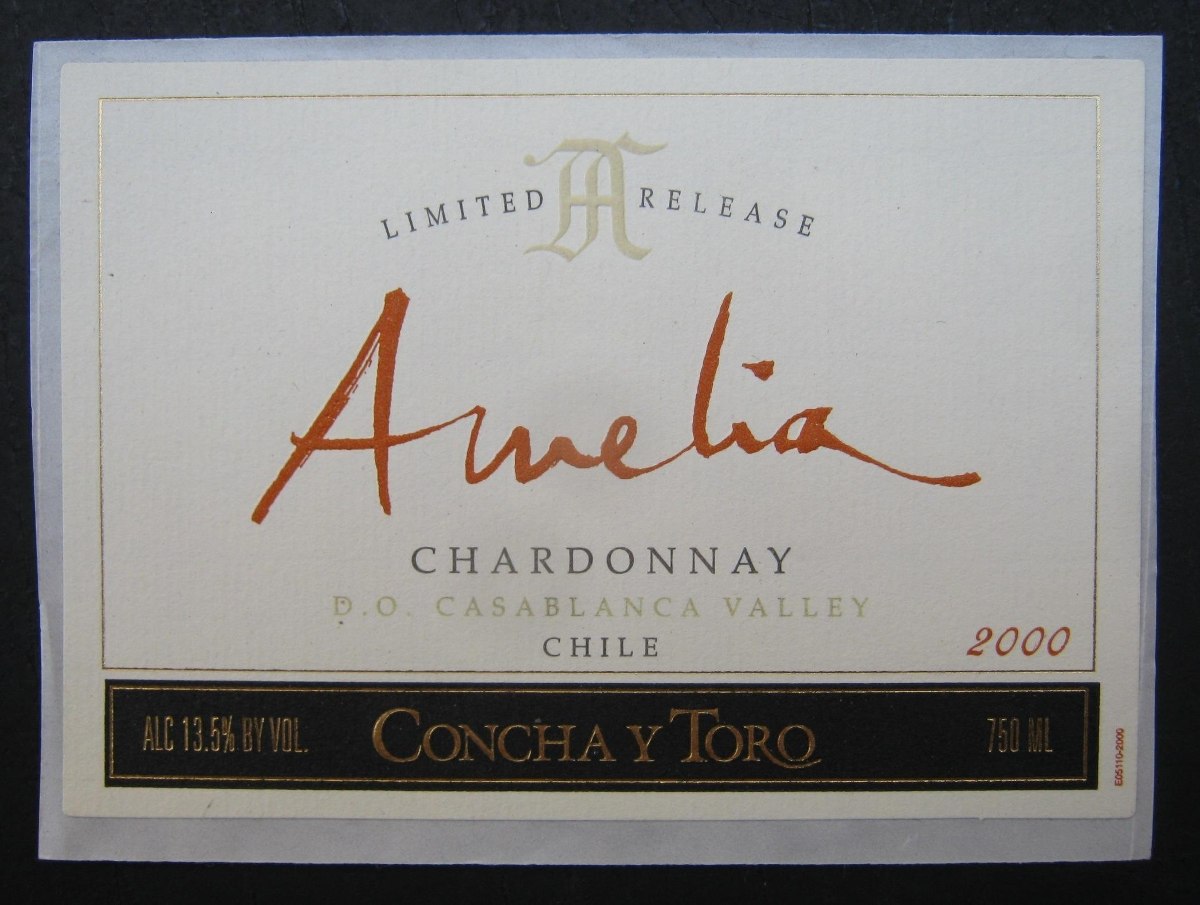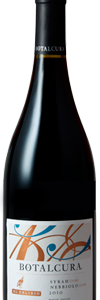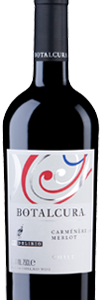Concha y Toro launched the Amelia brand in 1993 after discovering the potential of the Casablanca Valley. This distinctive and elegant Chardonnay expresses the unique character of the Las Petras vineyard. Amelia was Chile’s first Ultra Premium Chardonnay. Amelia is a Chardonnay with Denomination of Origin (D.O.) from Las Petras Vineyard within the Casablanca Valley, very close to the coastline of central Chile.
Soil
The fertility of the red clay soil is low in the upper part of the vineyard, moderate in the middle, and good in the lower sector. These soils, coupled with the cold climate and abundant wind, determine the low, concentrated yields of Chardonnay produced in the vineyard. Soils are from alluvial origin with red clay over a subsoil of decomposed rock. Therefore, soils are of low water retention and of low fertility.
Climate
The vineyard is southwest-facing and features cloudy mornings and cool windy days allowing grapes to ripen gradually and be harvested later. Cool and windy climate with tremendous maritime influence that produces foggy conditions that act as a moderating factor for high temperatures, thus allowing slower ripening. Spring skies are clear with much solar radiation.









